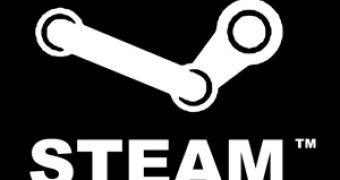The long- awaited 2013 Consumer Electronic Show (CES) took place this week and, while quite a lot of interesting devices were showcased by different companies, ranging from Android-powered ovens to all sorts of phones, there were also plenty of great gaming announcements.
The first thing to appear from the trade show was Nvidia's extremely surprising Project Shield, which is a brand new handheld console that can not only play Android titles but that cand also receive streamed PC games, provided you're running a computer with an Nvidia GTX 670 or higher.
The portable console market is a tough nut to crack, as Sony can obviously bear witness to this, seeing as how it's still struggling to make the PlayStation Vita a sales success.
While Project Shield may attract people through innovation and the fact that it includes a regular console-like controller, not to mention a pretty big screen, Nvidia is a novice when it comes to marketing devices so the graphics card company needs a lot of luck to succeed with its console.
The other big announcement was the actual confirmation of the Steam Box, as Valve's Gabe Newell has revealed that not only will his studio create a mini PC powered by Linux and dedicated to Steam, but also that it's going to help out other hardware companies do the same, like the Xi3 Corporation.
While the confirmation of the Steam Box isn't anything too surprising, the fact that Valve is willing to let others make similar devices is pretty interesting.
According to Newell, the Steam Box, provided Valve does a good enough job with it, can seriously compete with consoles, like the PlayStation 3 or Xbox 360, and dominate the living room of any gamer.
While both these devices are quite novel and will certainly attract their fair share of customers, I'm quite content with my current PC and, seeing as how I can easily hook it up to my big TV, I'm not in any rush to buy a console, whether it's a home or portable one.
What about you? Will you buy these devices or are you still sticking to current platforms?

 14 DAY TRIAL //
14 DAY TRIAL //